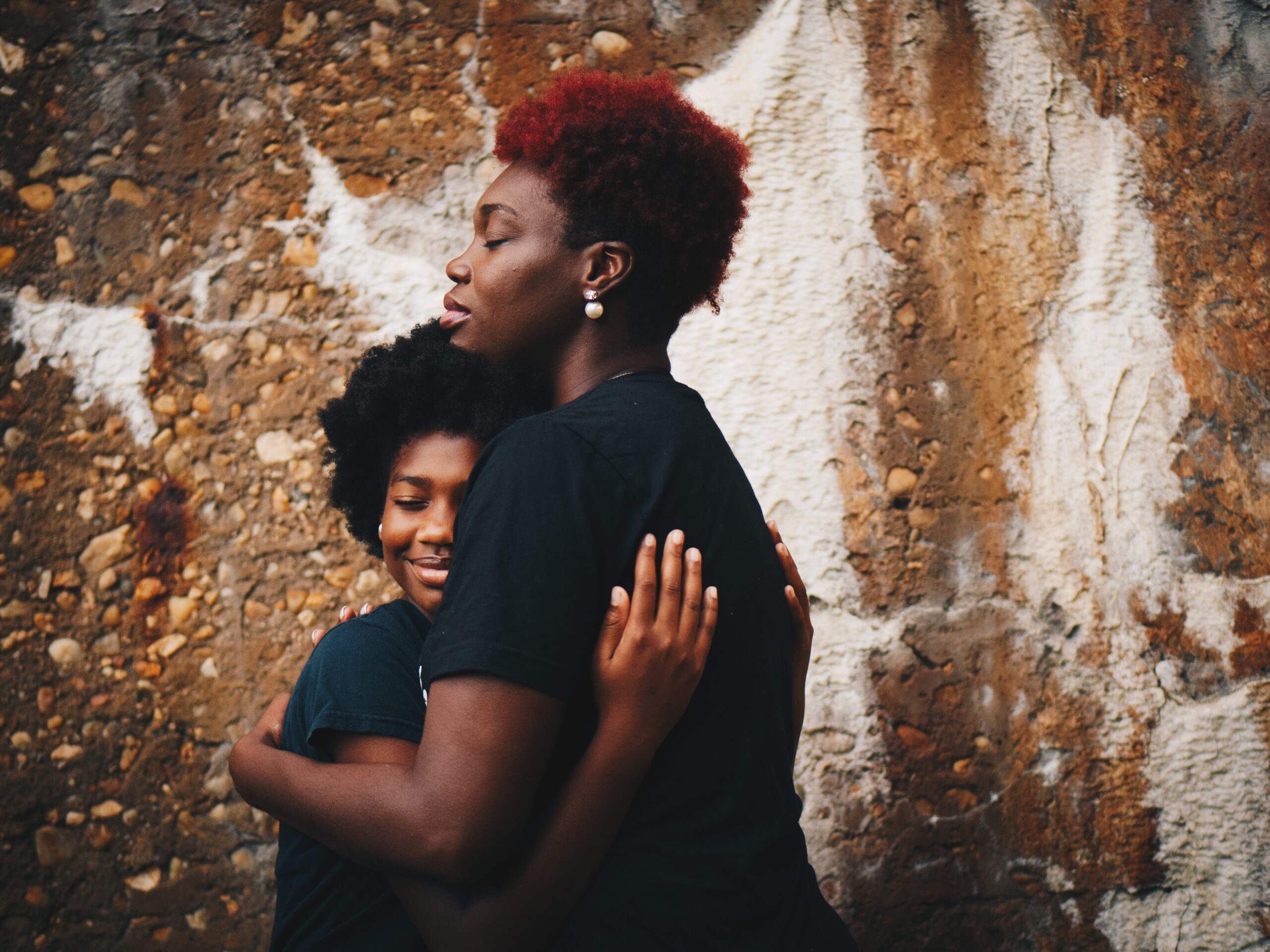Each year, on October 11th, people around the world celebrate National Coming Out Day.
This day serves as a powerful reminder of the importance of creating a safe and accepting space for LGBTQ+ individuals to express their true selves. While coming out can be a personal and sometimes challenging experience, it also plays a crucial role in reducing mental health challenges, including the risk of suicide, among LGBTQ+ youth.
National Coming Out Day has been observed since 1988 to raise awareness about the LGBTQ+ community, promote acceptance, and encourage individuals to come out to their friends, family, and loved ones. Over the years, it has evolved into a global event fostering support for LGBTQ+ individuals.
The Mental Health Challenges Faced by LGBTQ+ Youth
LGBTQ+ youth often face unique mental health challenges due to discrimination, stigma, and rejection. Some of the difficulties they commonly experience include:
- Social Isolation: Many LGBTQ+ youth feel isolated and alone, fearing that they will not be accepted for who they are.
- Bullying and Harassment: Bullying and harassment, both in-person and online, can lead to depression, anxiety, and other mental health issues. The National Survey on LGBTQ Youth Mental Health conducted by The Trevor Project found that more than 80% of LGBTQ+ youth reported feeling severe depression in the past year due to rejection or discrimination based on their sexual orientation or gender identity.
- Family Rejection: Rejection from family members, particularly after coming out, can be emotionally devastating and increase the risk of depression and suicide. Family rejection and lack of acceptance have been strongly linked to negative mental health outcomes for LGBTQ+ youth. Studies have shown that LGBTQ+ individuals who experience family rejection are more likely to experience depression, anxiety, and suicidal thoughts. Adversely, LGBTQ youth who felt high social support from their family reported attempting suicide at less than half the rate of those who felt low or moderate social support.
- Substance Abuse: Some LGBTQ+ youth may turn to substance abuse as a way to cope with the stress and discrimination they face.
- Higher Suicide Risk: LGBTQ+ youth are at a higher risk of suicide compared to their heterosexual peers. According to The Trevor Project, 45% of LGBTQ youth seriously considered attempting suicide in the past year.
The Role of Supportive Environments
Creating a supportive environment for LGBTQ+ youth is crucial for their mental health and well-being. Here are some ways in which supportive communities, families, and friends can make a positive impact:
- Express unconditional love and acceptance for LGBTQ+ individuals. Let them know that you support them, regardless of their sexual orientation or gender identity.
- Encourage open and honest communication. Let LGBTQ+ youth know that they can talk to you about their feelings and experiences without judgment.
- Take the time to educate yourself about LGBTQ+ issues. Understanding their challenges and experiences can help you be more empathetic.
- Be a vocal advocate for policies and laws that protect LGBTQ+ individuals from discrimination.
- If an LGBTQ+ youth in your life is struggling with their mental health, encourage them to seek professional help. Mental health professionals with experience in LGBTQ+ issues can provide valuable support.
Alexander Youth Network is proud to offer professional mental health treatment to LGTBQ+ youth who may need it through our programs and services. Additionally, our goal is to provide supportive housing to LGBTQ+ youth and adolescents through our therapeutic foster care program.
For additional support and resources for LGBTQ+ youth, including crisis housing visit:
3800 Monroe Rd,
Charlotte, NC 28205
(704) 344-8335
Guilford Green Foundation & LGBTQ Center
121 N Greene St,
Greensboro, NC 27401
(336) 790-8419
The Relatives Youth Crisis Center
1100 East Boulevard
Charlotte, NC 28203
704.377.0602
Youth Focus Act Together Emergency Shelter
1601 Huffine Mill Road
Greensboro, NC 27405
336-375-1332
Written by Stacia Jackson







